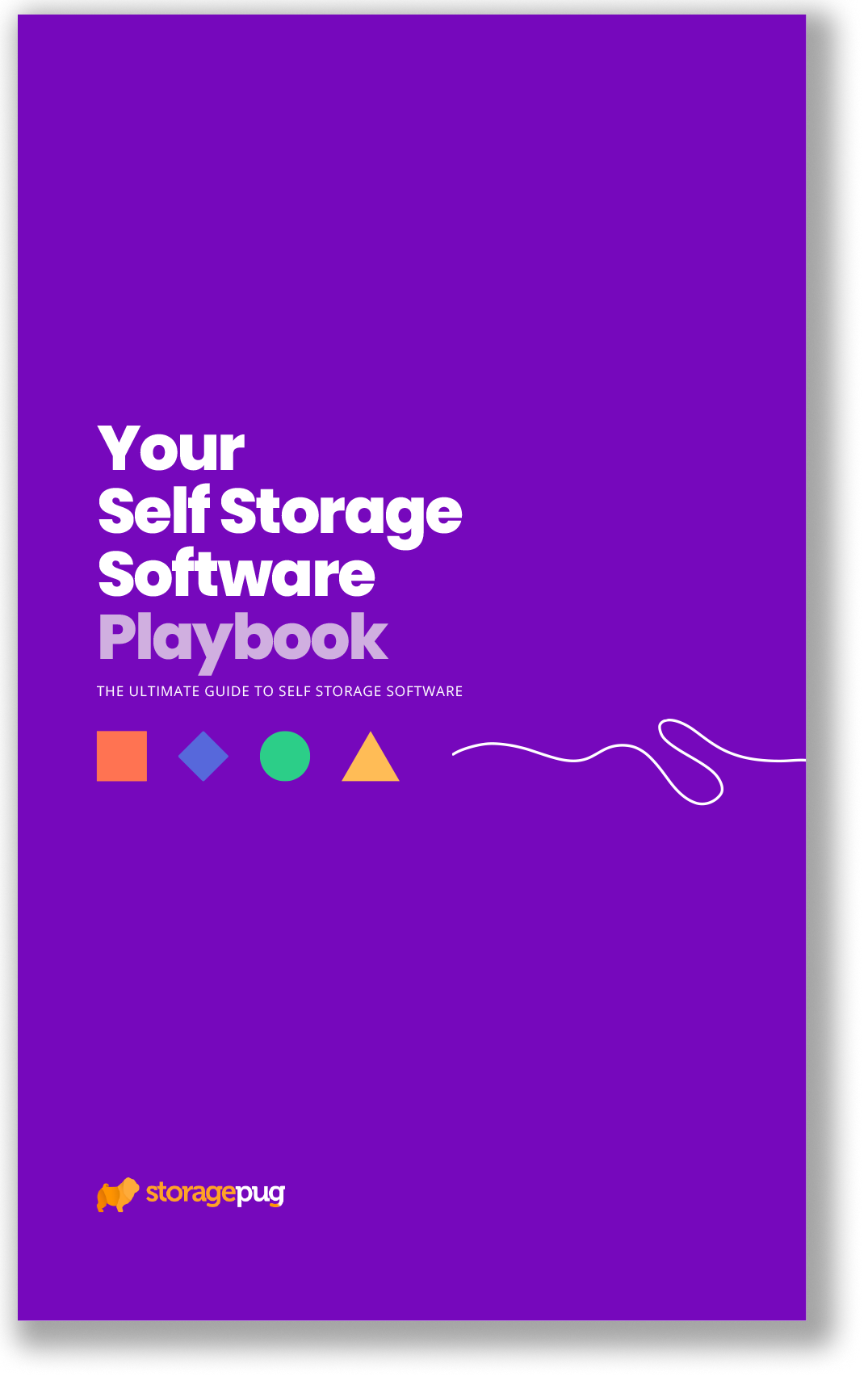Menu
June 29, 2022


How well do you understand payment processing?
As a business, processing payments from your customers is one of your main concerns. Whether you’re an expert on merchant services, you barely understand how yours works, or you’re entirely new to the game, it’s a pivotal part of your self storage business.
We have some tips on mistakes to avoid—and some things to absolutely NOT do—when taking payments from customers and even when choosing your merchant service.
Accepting payments, processing payments, taking payments. They all mean the same thing at the end of the day:
Your customer pays you, and you run it through whatever system the payment method calls for.
For credit and debit card purchases, this means a merchant service that connects to your self storage software.
What is a merchant service?
Merchant services, also called merchant account providers or payment processors, provide businesses with a way to process payments such as credit, debit, mobile wallets, and more.
Whether it’s online, in-person, or over the phone, accepting a card payment means running the transaction through your merchant services to process the payment.
It’s easy to make a mistake. There’s no shame in it.
If you’re not an experienced professional in the payment processing world, then there’s little reason for you to really know all there is to know about different payment processors.
Here are some of the common mistakes that business owners—including self storage business owners—make regarding their payment processor and how they accept payments.
We’re all prone to signing documents or agreeing to terms without really reading them.
In fact, research shows that the vast majority of people do this.
When it comes to your payment processing, though, you want to make sure to carefully read the fine print. This is where companies like to hide information about what happens if you would like to cancel your contract, data rights, and so on.
As we work in the self storage industry, we should all know the importance of reading the contract to understand your own rights in an agreement.
Let’s face it: A company with the sole goal and responsibility of processing other peoples’ payments has to make money somehow.
That’s where fees come in.
To maximize the gains of your self storage business, you need to minimize your expenses. Unfortunately, choosing the wrong merchant services provider and not understanding their fee structure is a recipe for paying way more than you need to.
Some common fees include:
There are way more than that, but these are the kinds of fees to can expect at a minimum.
Before you choose your payment processor (or before you choose to switch to a new one), you should make sure you fully understand how much it is going to cost you.
Determine the needs of your self storage business, approach the conversation with that list of needs in mind, and make sure you understand every single fee associated with those needs to gain a full picture of the true cost.
Have you ever seen a suspicious charge on your bank or credit card statement?
If you’ve contacted your card provider to have them reverse the charge due to it being fraudulent, then you’ve officially participated in a chargeback.
At their core, chargebacks are meant as a form of consumer protection against fraud. In practice, they are often used as a tool of fraud. It’s also common for forgetful consumers to simply think a charge is fraudulent and challenge it despite it being legitimate, a completely innocent mistake that leads to loss of money.
It’s not uncommon for people to purchase a product or service and then initiate a chargeback in the near future. While it is possible for the business to defend its charge and convince the bank or creditor it isn’t faulty, it’s also common for unprepared businesses to be caught off guard and lose money as a result.
Have a plan in place for chargebacks. Keep detailed records regarding payments, understand chargeback codes, and seek advice from professionals where needed.
It’s entirely possible to find a payment processor that is exceptional, generous, reliable, and also the wrong fit for your self storage business.
Most payment processing vendors will provide multiple payment channel options. In today’s world, you have everything from cash to mobile wallets and cryptocurrency to consider. There's more than just cash, check, or self storage credit card processing to worry about. If you’re not careful, your self storage facility could end up with a processor that is cheap but doesn’t process one of the payment methods you’d like to offer to your customers.
Most vendors can probably help you enable self storage autopay and accept simple transactions, but make sure you fully understand the services they offer and what your business needs!
On the other hand, it’s also possible for you to end up paying way more than you need to for services you won’t take advantage of.
For example, if your self storage facility is never going to offer payment via mobile wallets, you don’t want to pay more for a payment processor that offers this service as part of their package. If you can get away with going for a more affordable option with fewer channels, that could be the best bet for your self storage business’s needs!

Not long ago, a co-worker relayed a story about a self storage facility that was just purchased by a larger operation.
When they started going over the tenant records, they discovered a file containing all of the credit card information for tenants that had paid via card.
This is an obvious example of what NOT to do when it comes to taking payments from your self storage customers. It’s not a very secure method to handle data as sensitive as credit and debit card information. However, there are things that aren’t as obvious to the common self storage business owner.
When choosing your payment processor, it’s important that you investigate their commitment to data security. This will impact not only your customers but also your own business’s data.
Here are some of our other favorite posts!
At StoragePug, we build self storage websites that make it easy for new customers to find you and easy for them to rent from you.
